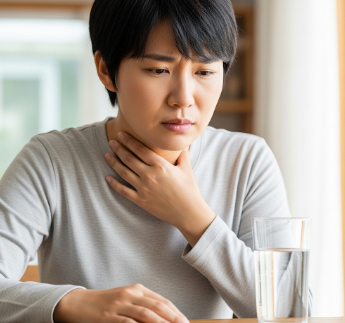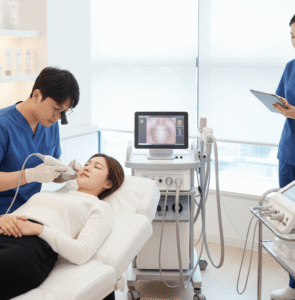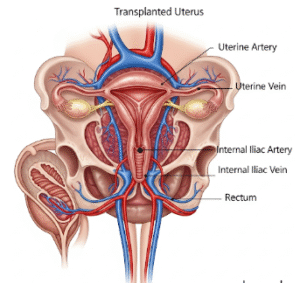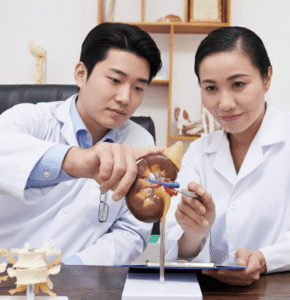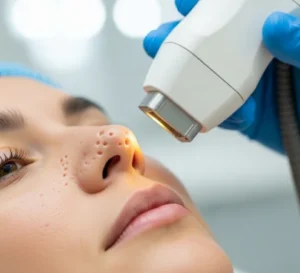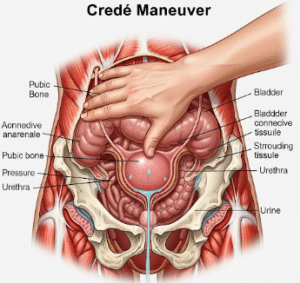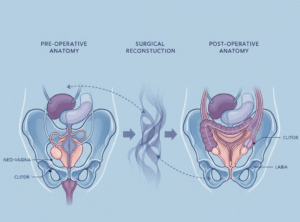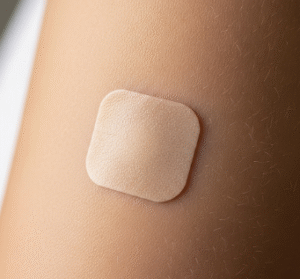Overview
Odynophagia is the medical term for painful swallowing, a symptom that can affect the throat, mouth, or esophagus. This condition can be acute or chronic and may result from infections, inflammation, injuries, or underlying medical disorders.
In Korea, odynophagia is evaluated carefully by ENT specialists, gastroenterologists, and primary care physicians to determine the underlying cause and provide targeted treatment to relieve pain and prevent complications such as malnutrition or dehydration.
Key Facts
➤ Odynophagia refers to pain during swallowing of solids, liquids, or both.
➤ It may occur suddenly or gradually, depending on the cause.
➤ Can be associated with sore throat, difficulty swallowing (dysphagia), or burning sensation.
➤ Common causes include infections, esophageal disorders, or trauma.
➤ In Korea, diagnosis involves thorough clinical examination and specialized tests for accurate treatment.
What is Odynophagia?
Odynophagia is pain triggered by the act of swallowing, which may be mild or severe. The pain may be felt in the:
- Throat (pharynx) – often due to infection or inflammation.
- Mouth or tongue – caused by ulcers, trauma, or irritation.
- Esophagus – from acid reflux, esophagitis, or obstruction.
➔ Pain can occur when swallowing solids, liquids, or both, and sometimes may interfere with eating and hydration.
Symptoms Related to Odynophagia
➤ Pain or discomfort when swallowing.
➤ Sore throat or throat irritation.
➤ Difficulty swallowing (dysphagia) or sensation of food sticking.
➤ Burning sensation behind the chest or throat in esophageal involvement.
➤ Redness, swelling, or lesions in the mouth or throat.
➤ Accompanied by fever, malaise, or fatigue if caused by infection.
Causes / Possible Causes
Infections
➤ Viral infections – influenza, common cold, or herpes simplex.
➤ Bacterial infections – streptococcal pharyngitis, tonsillitis, or diphtheria.
➤ Fungal infections – oral thrush or Candida esophagitis in immunocompromised patients.
Inflammatory or Irritative Causes
➤ Gastroesophageal reflux disease (GERD) – acid reflux damaging the esophageal lining.
➤ Esophagitis – inflammation due to medications, chemicals, or infections.
➤ Allergic reactions – causing throat irritation.
Trauma or Mechanical Causes
➤ Injury to the throat or mouth from hot food, sharp objects, or foreign bodies.
➤ Medical procedures – endoscopy or intubation-related irritation.
Other Causes
➤ Tumors – benign or malignant growths in the throat or esophagus.
➤ Neurological disorders – affecting swallowing muscles or nerves.
➤ Radiation therapy – leading to inflammation or mucositis.
Risk Factors
➤ Immunocompromised individuals – higher risk of fungal or viral infections.
➤ People with GERD or chronic acid reflux.
➤ Individuals with recent throat or esophageal injury.
➤ Smokers and alcohol consumers, which irritate the throat lining.
➤ Patients undergoing radiation therapy or certain medications.
Complications
Untreated or persistent odynophagia may lead to:
➤ Dehydration due to reduced fluid intake.
➤ Malnutrition from difficulty eating.
➤ Spread of infection in bacterial or fungal causes.
➤ Esophageal strictures or ulcers if caused by chronic reflux.
➤ Reduced quality of life due to persistent pain and discomfort.
When Should I See My Doctor?
Seek medical attention if:
➤ Pain lasts more than a few days or worsens.
➤ Associated with difficulty swallowing solids or liquids.
➤ Fever, pus, or swollen lymph nodes are present.
➤ You notice blood in saliva or vomit.
➤ Persistent heartburn or chest pain accompanies the symptoms.
➤ There is weight loss or suspected tumor.
Care and Treatment
Lifestyle and Home Measures
➤ Stay hydrated – drink water and soothing liquids.
➤ Eat soft, bland foods to reduce irritation.
➤ Avoid spicy, acidic, or rough foods that may worsen pain.
➤ Saltwater gargles can reduce throat inflammation.
➤ Maintain good oral hygiene to prevent infections.
Medical Treatments
➤ Analgesics – pain relief using acetaminophen or NSAIDs.
➤ Antibiotics – for bacterial throat infections.
➤ Antifungal medications – for fungal causes.
➤ Acid-suppressing medications – for GERD-induced odynophagia.
➤ Topical anesthetics or throat lozenges – to relieve pain temporarily.
➤ Surgery or endoscopic procedures – if obstruction or tumor is identified.
Preventive Measures
➤ Treat GERD and acid reflux proactively.
➤ Avoid smoking and alcohol consumption.
➤ Practice safe eating habits to prevent trauma.
➤ Address allergic reactions promptly.
➤ Maintain good immunity through proper nutrition and hygiene.
Treatment Options in Korea
Korean medical facilities offer comprehensive evaluation and management for odynophagia, including:
Diagnostic Services
➤ ENT examination to inspect the throat and oral cavity.
➤ Endoscopy to visualize the esophagus for ulcers, strictures, or tumors.
➤ Laboratory tests for bacterial, viral, or fungal infections.
➤ Imaging studies – X-ray, CT, or MRI if structural abnormalities are suspected.
Therapies and Supportive Care
➤ Prescription antibiotics, antifungals, or acid-suppressing medications.
➤ Pain relief and nutritional support for severe cases.
➤ Speech and swallowing therapy for neurological or muscular causes.
➤ Surgical interventions for obstructive lesions or chronic strictures.
➤ Multidisciplinary care involving ENT specialists, gastroenterologists, and nutritionists.
✅ In summary: Odynophagia, or painful swallowing, is a symptom with multiple causes ranging from infections and inflammation to trauma and systemic diseases. In Korea, early diagnosis and targeted treatment help relieve pain, prevent complications, and improve eating, hydration, and overall quality of life.

